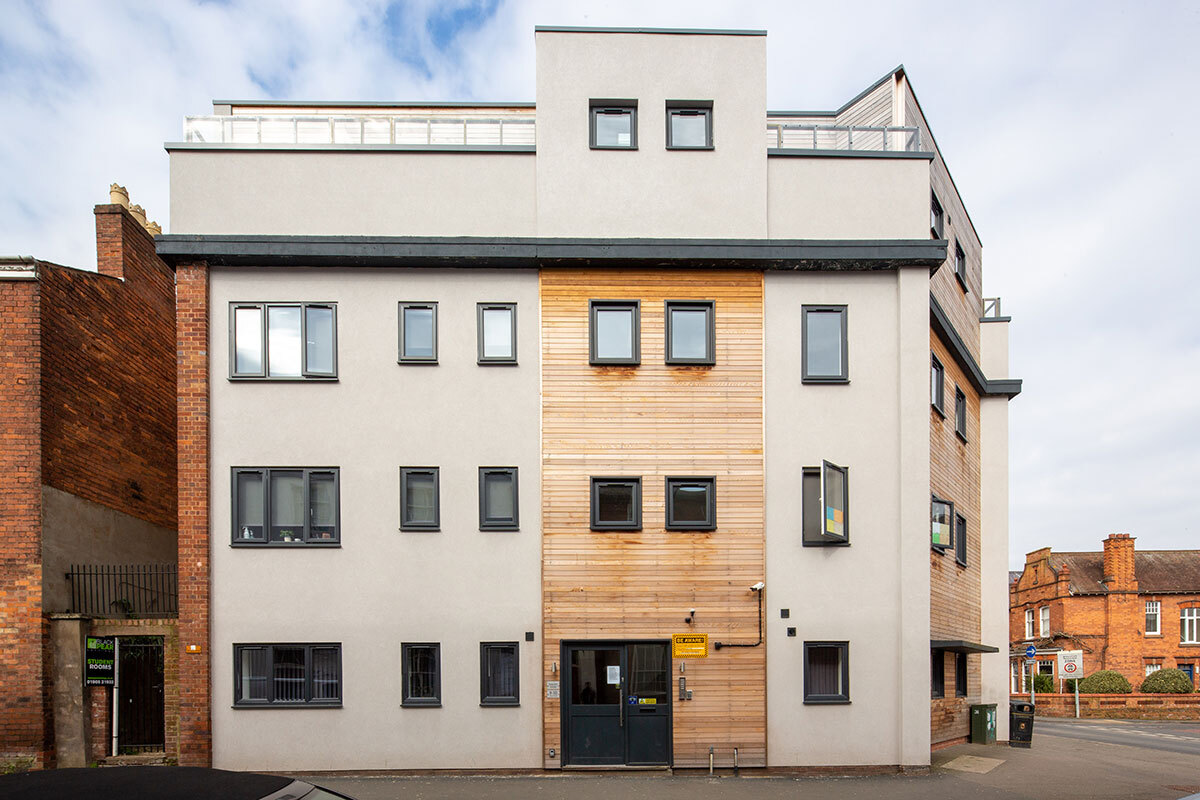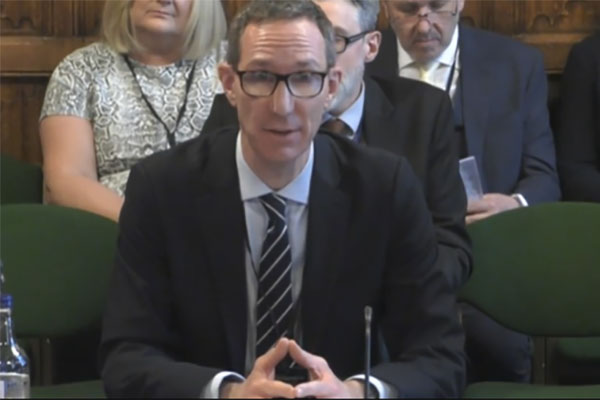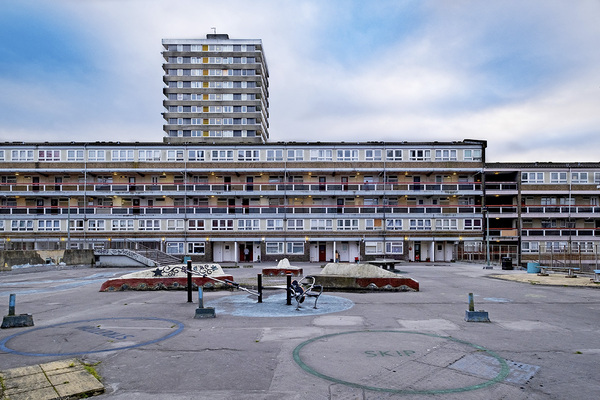Social housing REIT sees profits jump despite 10% rent arrears
Triple Point Social Housing REIT has reported a sharp rise in annual profit despite rent arrears of nearly 10%, mainly due to two of its lessees.
The real estate investment trust (REIT), which leases homes to registered providers offering supported housing, reported a 41% jump in profit to £35m in the year to the end of December 2023. Revenue was broadly flat at £35.2m.
Triple Point, which owns 3,417 homes, benefited from a £15.5m gain from fair value adjustment on investment properties.
In its annual report, Triple Point revealed that 90.2% of rental income due during the financial year had been collected from its 27 lessees. This compared with 91.8% of rent collected in 2022.
Rent arrears in the latest year were “predominantly attributable” to two of its providers, My Space Housing Solutions and Parasol Homes, Triple Point said.
Both My Space and Parasol are currently non-compliant with the Regulator of Social Housing’s (RSH) standards. Bolton-based My Space, which manages 1,812 homes, was downgraded to the English regulator’s lowest grades of G4/V4 in December 2022.
The Charity Commission also launched an investigation into My Space in 2022.
Parasol Homes was found non-compliant in 2021, but does not have grades with the RSH as it operates fewer than 1,000 homes.
Last year, Triple Point disclosed that Parasol, which has 246 homes with the REIT, had failed to pay some rent in the second half of 2022 due to “operational issues”.
Triple Point said it now has a creditor’s agreement in place with Parasol and expects to have one with My Space in the first half of this year.
The REIT said it was keeping leases with My Space as a new chief executive had joined who has “driven material operational change, improved dialogue and engagement with the Regulator of Social Housing and increased rent payments to landlords”.
The lease-based model has proved controversial in the sector. Two years ago, the RSH revealed that around two thirds of the lease-based providers it regulates were non-compliant. Around the same time, the government unveiled a crack down on a minority of landlords in the sector.
Seven of Triple Point’s top 10 biggest lessees are currently non-compliant, while the other three have not had judgements.
Triple Point’s largest lessee, Inclusion Housing, which has 911 homes with the REIT and manages 4,341 homes in total, failed in a High Court challenge in 2022 against the RSH over its non-compliant status.
In a presentation to investors on its annual results, Triple Point said there was “supportive regulatory oversight” which was “promoting greater accountability and transparency” of the sector.
It also said that expected consolidation among providers over the next two years should “lead to stronger combined organisations”.
Writing in Triple Point’s annual report, chair Chris Phillips said: “While 2023 was a challenging year for UK real estate, the specialised supported housing sector continued to demonstrate its strong underlying fundamentals and we were able to deliver resilient returns to our shareholders.”
Sign up for our development and finance newsletter
Already have an account? Click here to manage your newsletters












